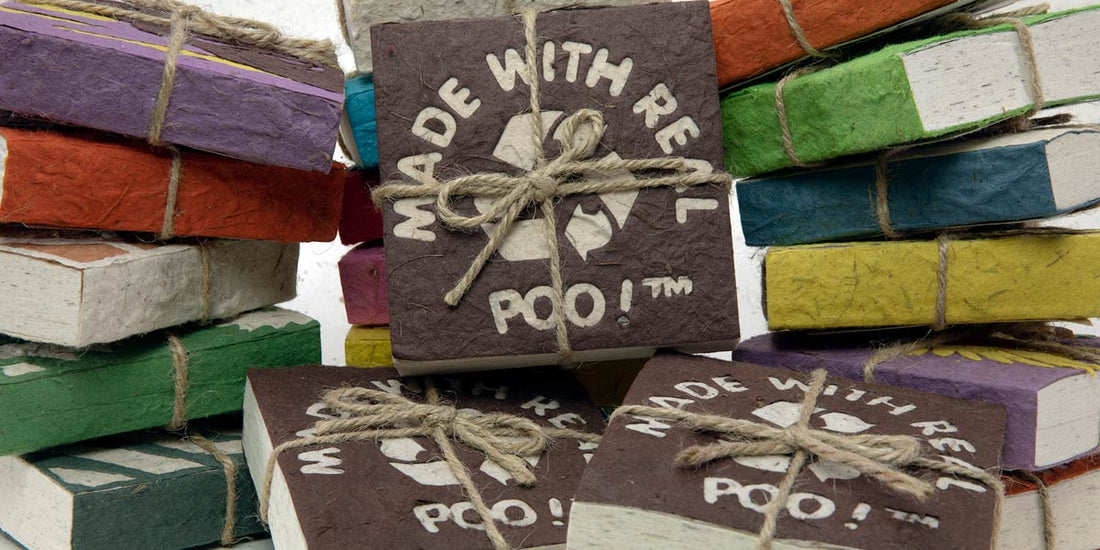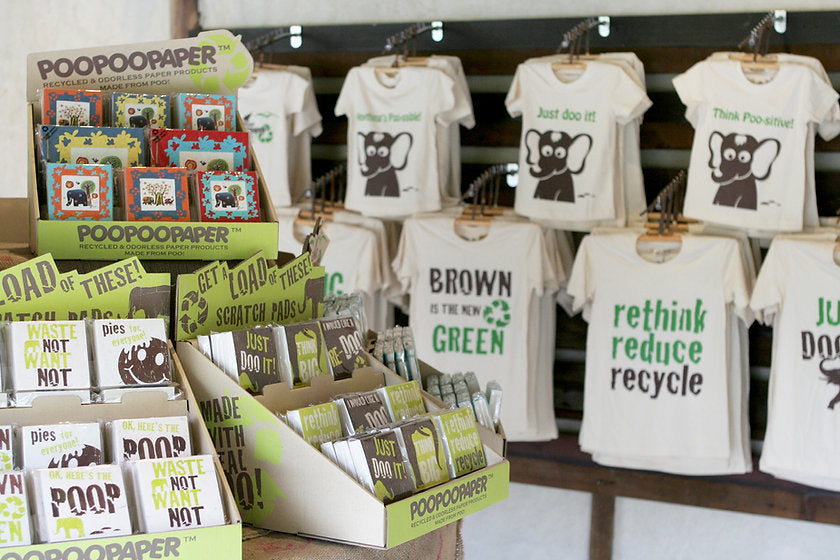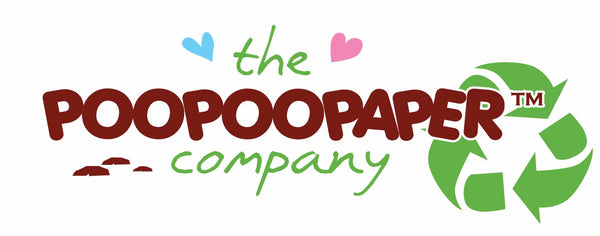
What is Fair Trade in Business? Your Complete Guide to Conscious Commerce
Share
You’ve seen it slapped on pricey goods at the grocery store before and found yourself asking: “what is fair trade?” Well, we’re here to explain it to you. As a sustainable business, it’d be a shame if we didn’t understand what it was.
What is Fair Trade?
More than just a feel-good sticker slapped on a product to make you feel better than everyone else, Fair Trade is a global movement and certification system that ensures the people making what’s in your hands are being paid fairly for their labor, working in safe conditions, and with respect for the environment. Oftentimes, these people are farmers, artisans, and producers making a living in developing countries.
Fair Trade in business grew in popularity in the 1940s–1950s as a response to growing concerns about worker exploitation and unfair global trade systems. It is said to have begun when a business woman named Edna Ruth Byler visited a Mennonite Central Committee (MCC) sewing class in Puerto Rico where she discovered that the women creating beautiful lace products still lived in extreme poverty despite their hard work. This drop in the ocean rippled and turned into a full-fledged international framework of ethics, transparency, and sustainability.
Today, Fair Trade stands for a set of principles that include fair wages, no child or forced labor, workplace safety, community development, and environmental care. Its ultimate goal is to create a fair global economy where people and the planet come before profit. In short, Fair Trade champions conscious commerce wherein not a single person in the production process gets taken advantage of and can afford to live comfortably with their wage.
How Does Fair Trade Work?
Fair Trade isn't just a business practice; it's a statement about the kind of world we want to build. To show you truly care, you can’t just talk. You have to walk the walk. For companies to carry this certification, they must comply with several core pillars.
- Fair Pricing: You must guarantee to pay your workers the minimum price that covers the cost of sustainable production.
- Direct Trade: You minimize the middlemen to allow workers more control and better earnings.
- Decent Working Conditions: It’s crazy that this even has to be said, but to qualify as a Fair Trade company, there must be no child labor, no sweatshops, and no toxic environments. Generally, just create a fair, safe, and respectful workplace.
- Environmental Sustainability: It’s essential that the practices undertaken to create your product must protect the earth and must reduce or have minimal carbon footprint.
- Community Investment: Fair Trade stands ten toes down on being the change you want to see in the world. To commit to this, a portion of a business’s profits must go back into local infrastructure, education, and health initiatives.
- Transparency and Accountability: Operations are open, and workers have a voice. At our sustainable company, we have hearing as excellent as an elephant’s.

POOPOOPAPER’s Fair Trade Practices
At POOPOOPAPER, we know what is fair trade in business and how to do it. We don’t just talk it; we walk it and wipe out waste (and inequality) with every sheet of handmade paper. Our company lives and breathes the values of Fair Trade, integrating them into both our Planet and People commitments. We also make modest cash donations that support animal protection and preservation. You can read more about our conservation commerce here. To us, Fair Trade isn’t just a label; it’s the foundation of which our sustainable business operates on.
Commitment to The Planet
- Our paper products are 100% tree-free. We use upcycled waste fibers from animals like elephants, cows, donkeys, and horses, that would otherwise be discarded.
- Our production is non-toxic. We use natural soy-based inks and food-grade coloring to color our products. We use no harmful chemicals like bleach or chlorine, which means the water used to boil or dye our products can be used again.
- We support circular thinking. All leftover paper trimmings are re-pulped, and our water is recycled and safe enough to irrigate nearby plant-life at our production house or for future batches of pulp.
Commitment to Our People
- We offer flexible home-based opportunities. Over 95% of our artisans are women who can work from home, balancing family and income needs.
- We support our local marginalized communities. We offer jobs and help secure legal documentation for ethnic minorities, many from neighboring Burma.
- We pay living wages, offer social security, health care, interest-free loans, and even subsidized housing.
- We are SA8000 certified. We meet and often exceed international human rights standards, with on-site audits to prove it.

Ready to Shop Fair?
Supporting Fair Trade means investing in products that empower hardworking people, preserve the planet, and keep your conscience as clean as our POOPOOPAPER pulp that is boiled at extremely high temperatures to kill off any bacteria. So, the next time you're choosing between a throwaway gift and something that actually makes a difference… Why not go for the extremely innovative, unique and thoughtful handmade product made from upcycled animal poop?
Check out our Featured Sustainable Gifts and discover eco-friendly journals, handmade greeting cards, sustainable stationery sets and more. They come in all designs, so you’re sure to find something for anyone in your life no matter their age.
